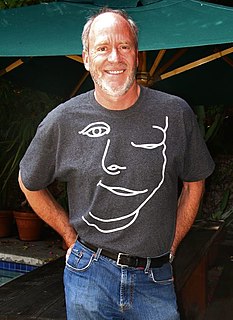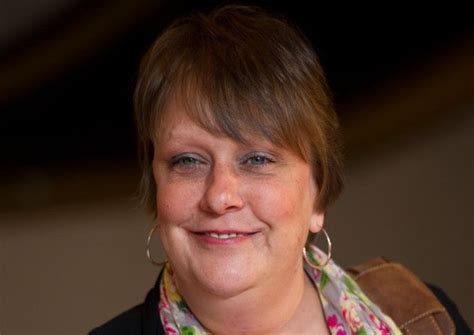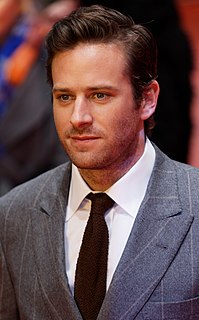A Quote by Trent Reznor
When David Fincher called me up a few years ago and said, 'Hey, I'd like you to score this film 'The Social Network,' I said, 'I'm flattered, but I really don't have any real experience scoring films, and I'd rather not screw it up on a high-profile project. And I like you and I don't want to compromise our friendship.'
Related Quotes
To me, Fight Club was a comedy. When [David] Fincher sent me the book and I read it, the first thing I asked him was, "This is a comedy, right?" he said, "Yeah, that's the whole point," and I said, "Okay, I'm in." I certainly wasn't imagining myself as a dramatic actor when I was running around in my underwear in that film.
I don't put any pressure on myself in terms of what people or fans do or don't want. It really just doesn't occur to me. I honestly just want to make the films I want to see as a fan. The film will survive or fail in my mind by how much I like it. Having said that, everyone wants their films to do well and to be well-received.
It was tough getting fired by the NBA. I really didn't know where I was going, until [ESPN] called me. I said, "Hey, 'ESPN?' Never heard of it. It sounds like a disease." Now I have that same disease as a sports fanatic. All this sports madness we didn't have years ago, now I'm very blessed and fortunate to be part of it.
When we got to the part where we had to improvise an argument in a poetic language, I got cold feet. "I can't do this," I said. "I don't know what to say." "Say anything," he said. "You can't make a mistake when you improvise." "What if I mess it up? What if I screw up the rhythm?" "You can't," he said. "It's like drumming. If you miss a beat, you create another." In this simple exchange, Sam taught me the secret of improvisation, one that I have accessed my whole life.
Robert Duvall taught me years ago. He said, "You know theatre is not real. I don't like plays." You know, he doesn't like plays. And I agree with him in certain ways, you know. They can be fun. I don't mind going to see them. I went and saw Phantom of the Opera. I thought hey, that's cool. Look at the mask and all that.

































